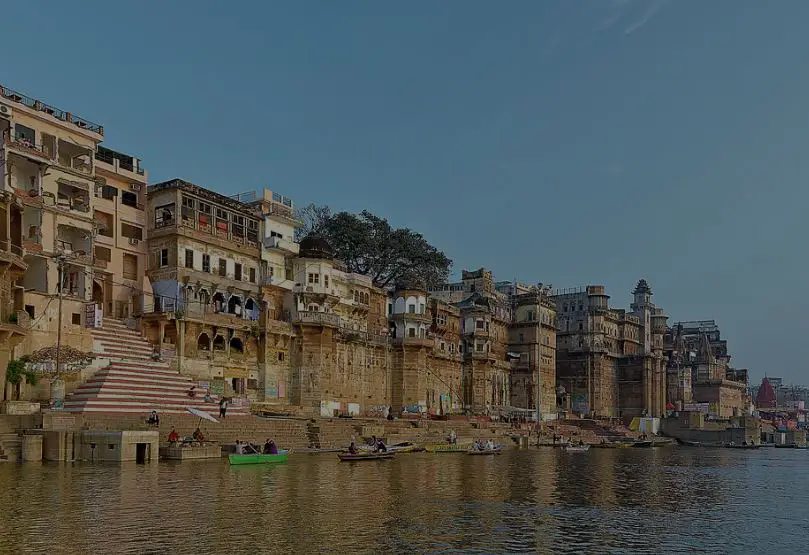How do I deal with allergies or dietary restrictions while dining in Morocco?
Post ByAdequate Travel
Summary
Having an allergy or dietary restriction when travelling can have its challenges, but when visiting Morocco, there is no need to worry! With a variety of traditional dishes and a variety of approved substitutes, you will be dining with no problems. In this article, we will be exploring how to deal with common dietary restrictions when dining in Morocco. While planning your trip, take note of any travel restrictions that may impact your itinerary, such as limited access to certain regions or attractions.Dealing with Allergies or Dietary Restrictions in Morocco
1. Communicate your allergies or dietary restrictions:
Let the restaurant staff or chefs know about your allergies or dietary restrictions. Be specific about the ingredients or food items you need to avoid.2. Plan ahead:
Research the local cuisine and dishes to determine which ones are safe for you to consume. Make a list of Moroccan dishes that are traditionally made without common allergens or appropriate for your dietary restrictions.3. Learn key phrases:
Familiarize yourself with essential words or phrases related to food allergies or dietary restrictions in Arabic or French - the main languages spoken in Morocco. This will help you communicate your needs more effectively.4. Seek specialized restaurants:
Look for restaurants that cater specifically to dietary restrictions or allergies. Larger cities in Morocco, such as Marrakech or Casablanca, may have a wider range of dining options to choose from.5. Choose traditional dishes wisely:
Many Moroccan dishes are naturally gluten-free, dairy-free, or vegetarian-friendly. Some safe options include tagine (a slow-cooked stew), harira (a hearty soup), or couscous with vegetables.6. Be cautious with street food:
While street food is a popular experience in Morocco, it may be more challenging to navigate for those with allergies or dietary restrictions. Opt for freshly prepared fruit juices or grilled items, as they generally have fewer hidden ingredients.7. Double-check ingredients:
Even if a dish seems safe, always double-check with the waiter or chef about the ingredients used. Cross-contamination can occur in kitchens, so ensure that your food is prepared separately from allergenic ingredients.8. Carry allergy cards:
If you have severe allergies, consider bringing allergy cards with you in Arabic or French that clearly state your allergies or dietary restrictions. Show these cards to waitstaff or chefs to help them understand your needs.9. Pack safe snacks:
It can be helpful to carry some safe snacks with you, especially if you have multiple dietary restrictions or allergies. This ensures you have something to eat when there are limited options available.10. Consult with a local guide:
Consider hiring a local guide who can guide you to the best restaurants or shops that cater to specific dietary restrictions or allergies. They can help you find suitable food options and communicate your needs effectively.The place is known for its rich history and culture, welcomes tourists with open arms. However, be sure to review the travel advisory and travel warnings to ensure a safe and enjoyable experience.








